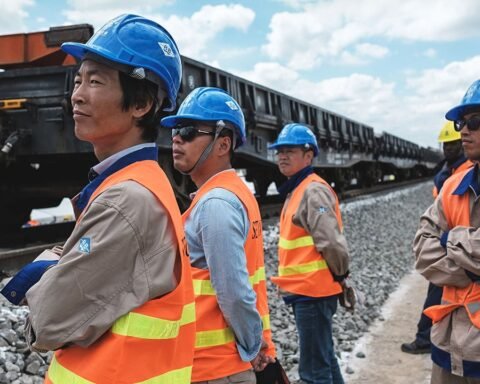Tanzania’s Minister for Industry and Trade, Professor Selemani Jafo, has called on the reconstituted Fair Competition Tribunal (FTC) to expedite resolution of 32 long-pending cases.
The minister emphasized the importance of swift justice in eliminating bottlenecks that have stalled economic progress and discouraged investor confidence.
“I urge you to prioritize these cases. The tribunal is a key pillar of justice for business. I believe you will handle this task with professionalism, fairness, and integrity,” Prof. Jafo stated during the inauguration ceremony.
The tribunal had remained inactive since June 2024 due to a lack of appointed members, allowing dozens of unresolved disputes to accumulate. These cases span sectors ranging from energy and telecommunications to the distribution of counterfeit goods and anti-competitive mergers.
The event also marked the official induction of Judge Rose Ibrahim as the new Tribunal Chairperson. In her speech, she reaffirmed the tribunal’s commitment to restoring institutional credibility and ensuring efficient delivery of justice.
Also Read; Central Bank Slashes Lending Rate to Spur Economy
“Justice delayed is opportunity denied. We’re here to restore confidence and ensure no file gathers dust,” Judge Ibrahim declared.
The Fair Competition Commission (FCC), which investigates and prosecutes anti-competitive practices, works closely with the tribunal to enforce Tanzania’s Fair Competition Act of 2003. This legislation is designed to safeguard fair play and consumer protection within the market economy.
Speaking at the launch, FTC Registrar Mbegu Kasikasi announced the rollout of a new electronic case management system to accelerate proceedings.
“Simple cases will now be finalized within a month, while more complex ones will take no more than four,” he said.
This digital move aligns with the country’s broader drive toward e-governance, part of a national transformation agenda to modernize service delivery across all sectors.
The push to revitalize the FTC is part of Tanzania’s long-term Vision 2050, which aims to industrialize the economy and make it globally competitive. The tribunal is expected to play a crucial role in eliminating monopolistic tendencies, ensuring market fairness, and attracting foreign direct investment.
Tribunal member Peter Onesmo urged the government to consider increasing financial resources for the institution, cautioning that a lack of funding could undermine efforts at transformation.
“Justice must be seen to be done, and for that, we need adequate tools and support,” he stated.







